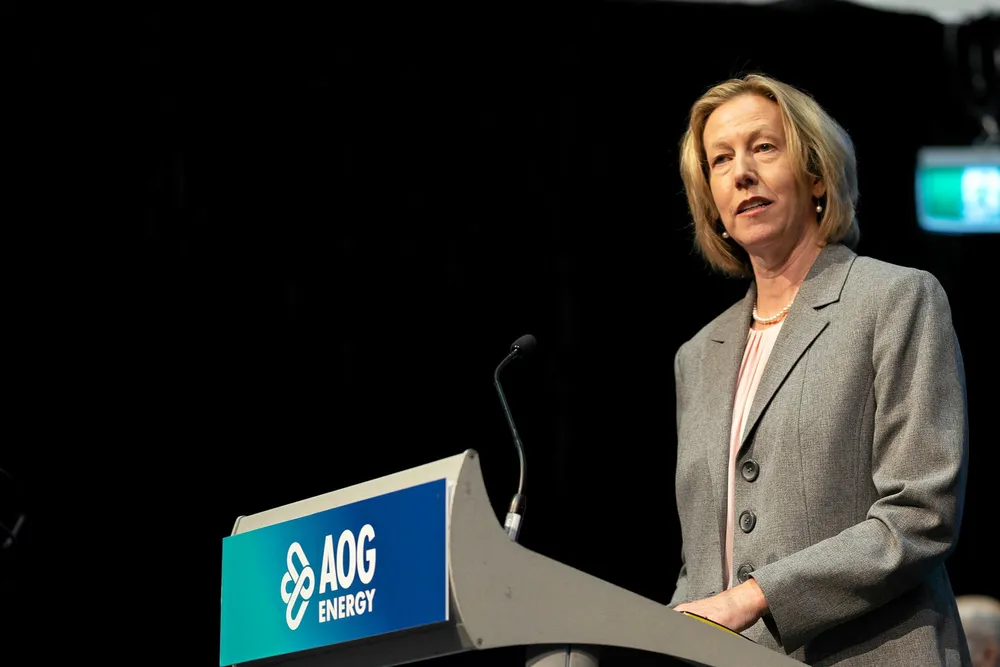Scarborough development could pay off quickly for Woodside
Industry welcomes Australia's largest LNG development investment in a decade but environmental groups hit out at 'climate-wrecking project'

Industry welcomes Australia's largest LNG development investment in a decade but environmental groups hit out at 'climate-wrecking project'
